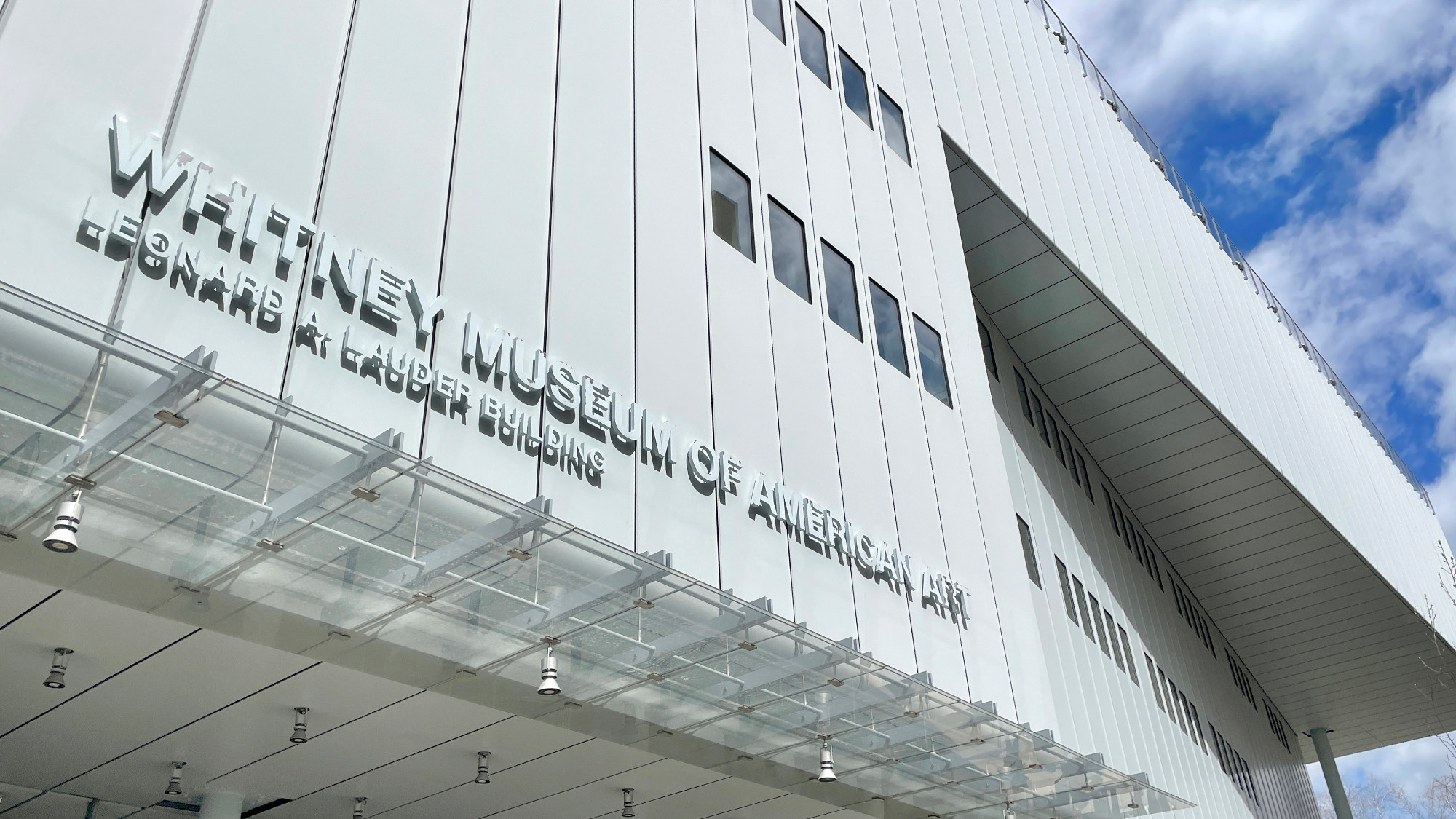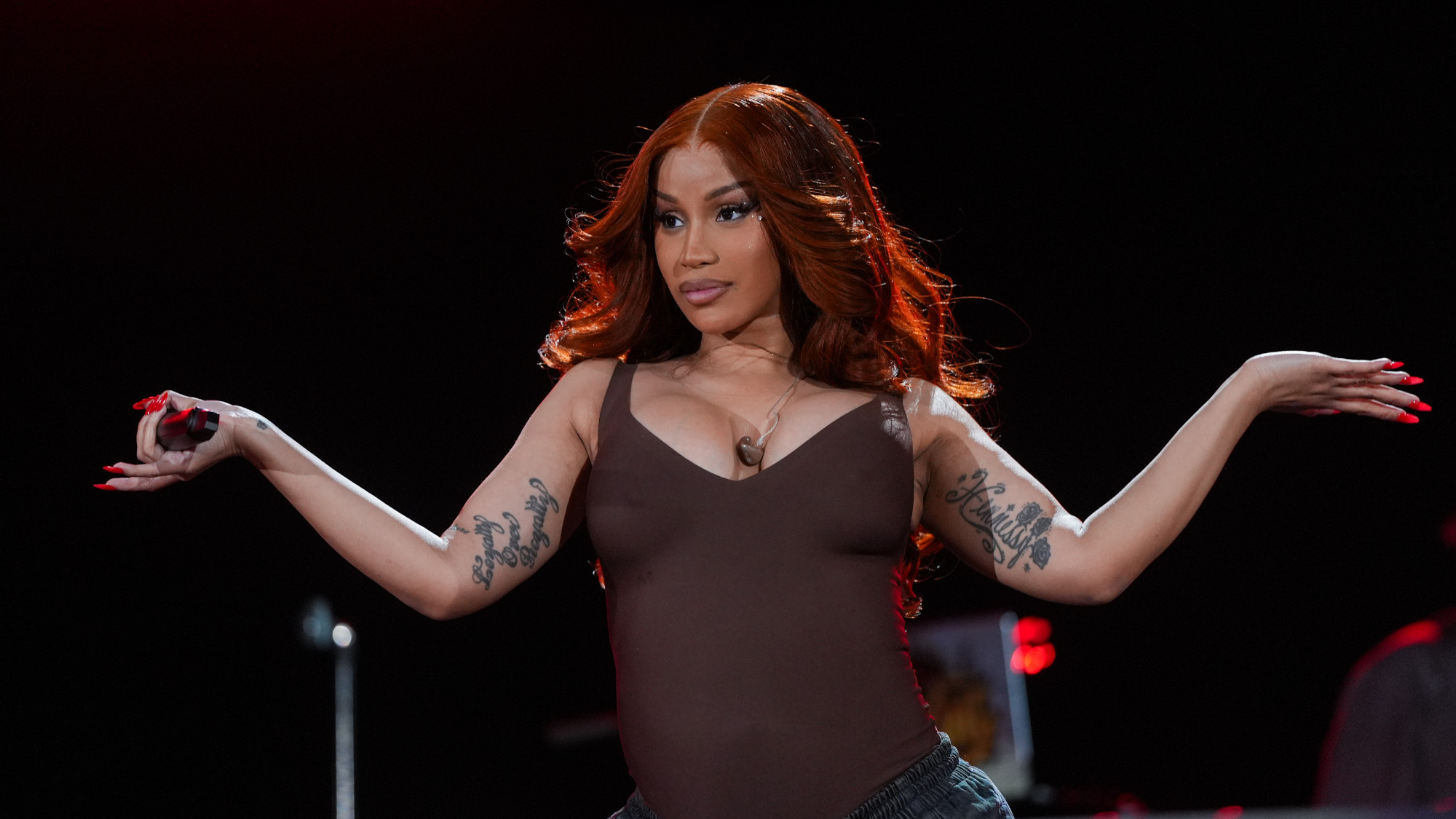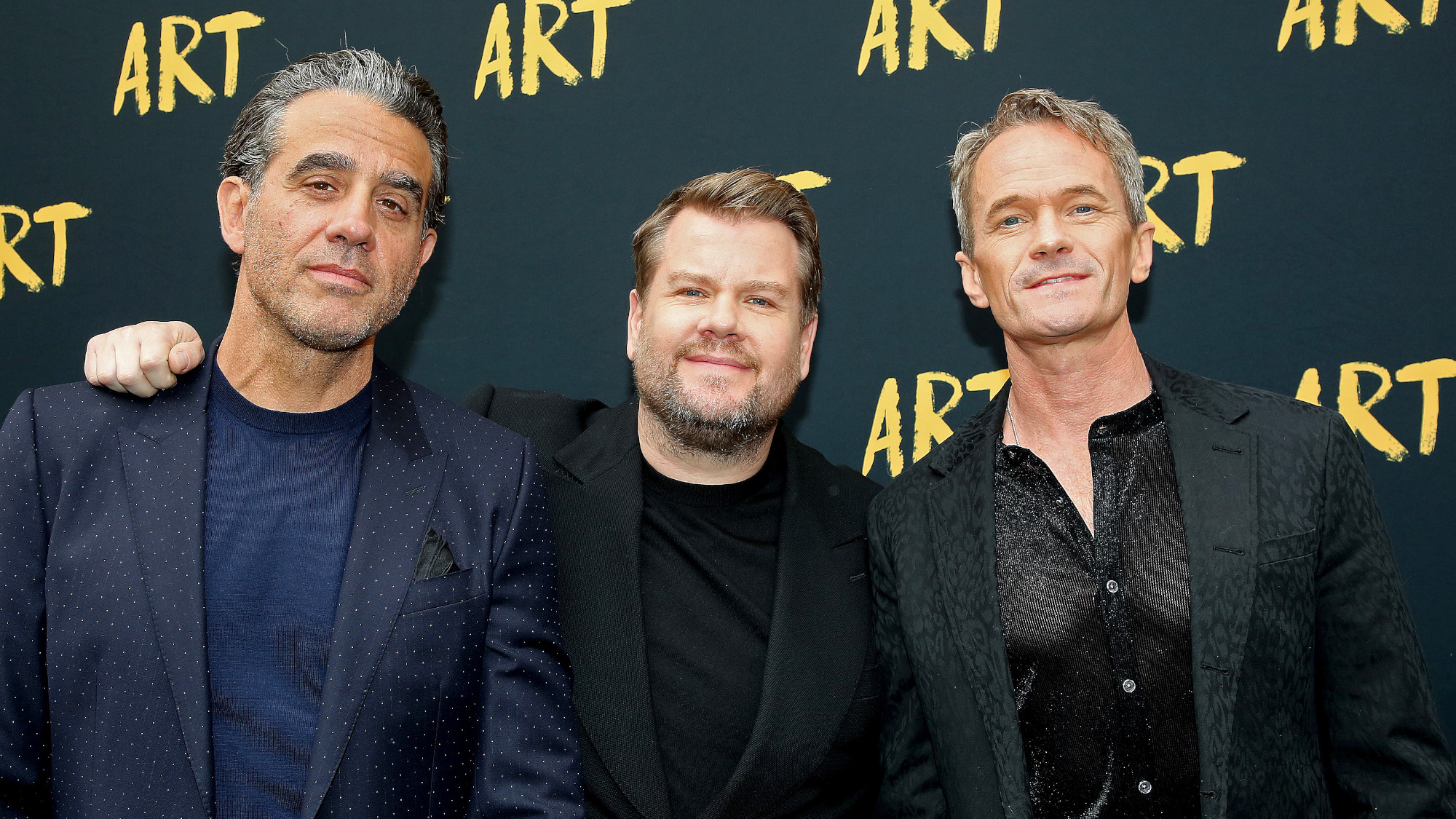What does Putin want?
Russian President Vladimir Putin has been playing an aggressive game of chess against the West. What's he up to?
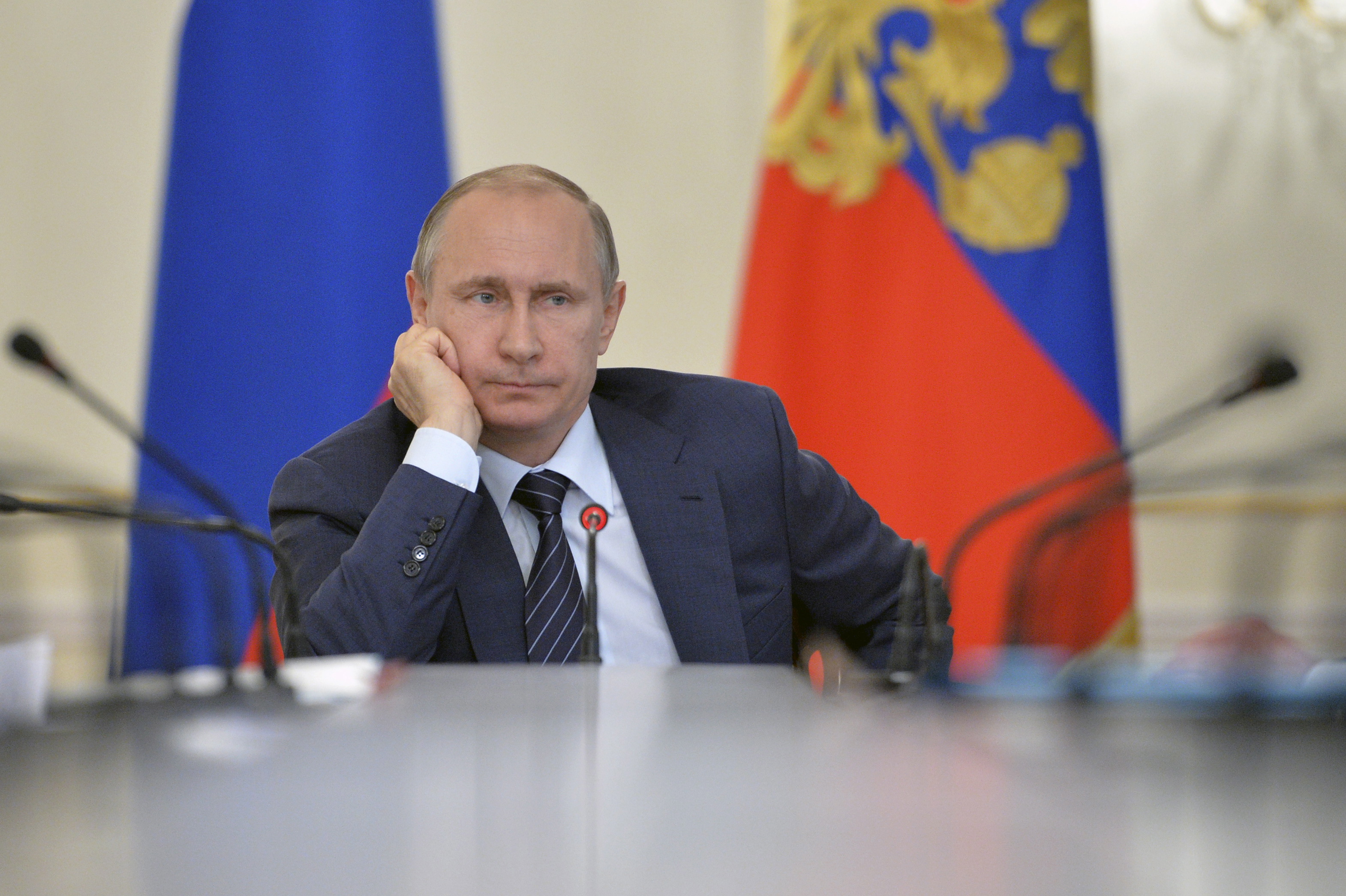
Russian President Vladimir Putin has been playing an aggressive game of chess against the West. What's he up to? Here's everything you need to know:
How powerful is Putin?
In Russia, Vladimir Vladimirovich Putin, 64, rules like a czar, with near-total control of the country. A former KGB agent, he is a secretive, self-disciplined geopolitical strategist who, unlike most Russian men, doesn't drink at all. He presides over a cult of personality that seems comical to outsiders — images of him shirtless on horseback, tracking down a Siberian tiger, or diving in the Black Sea to retrieve ancient artifacts are common in Russian media. But his macho nationalism resonates with the many Russians who longed for a strong leader after the chaos of the Soviet collapse. Putin's regime is deeply entangled with the Russian oil industry and the country's billionaire oligarchs; as a result, his personal fortune is immense, estimated at some $40 billion in palaces, planes, and stakes in oil companies and banks. His private life is mysterious: He divorced his wife, Lyudmila, after 31 years and rarely mentions his two daughters, and rumors have linked him romantically to an Olympic gymnast and a calendar model.
The Week
Escape your echo chamber. Get the facts behind the news, plus analysis from multiple perspectives.

Sign up for The Week's Free Newsletters
From our morning news briefing to a weekly Good News Newsletter, get the best of The Week delivered directly to your inbox.
From our morning news briefing to a weekly Good News Newsletter, get the best of The Week delivered directly to your inbox.
How did he come to power?
Through the work of the FSB, successor to the Soviet KGB. Putin was an unknown FSB operative when the agency strong-armed an ailing President Boris Yeltsin into picking him as prime minister in August 1999. Putin had spent five years as a spy in East Germany. Just a month after he took office, a series of apartment bombings shattered Moscow, killing about 300 people. The FSB blamed Chechen extremists, although there is strong evidence the spy agency planted the bombs itself; the carnage served as pretext for a second ruthless war to put down the restive Muslim province of Chechnya. Putin became the face of the battle, vowing in his characteristically crude language to eliminate all the terrorists, "wherever they hide, even on the crapper." By the end of the year, Chechnya had been laid waste, thousands of Chechen civilians were dead, and Yeltsin had named the now popular Putin as his successor as president.
How has he governed?
Putin has sought to bolster Russia's power against the encroachment of the West, picking fights with nearby Georgia and Ukraine and intervening in Syria as a show of strength. His proud nationalism has made him very popular among Russians, although the international sanctions brought on by his seizure of Crimea — combined with a sharp downturn in oil prices — have badly damaged Russia's fragile economy. Russia's gross domestic product tumbled from $2.2 trillion in 2013 to $1.3 trillion in 2015 — lower than that of Italy, Brazil, or Canada. Only 27 percent of Russians have any savings at all, and the average Russian now spends half his or her money on food. Few Russians, however, complain.
A free daily email with the biggest news stories of the day – and the best features from TheWeek.com
Why is that?
Step by step, Putin has stamped out the remaining glimmers of democracy and civil society that emerged in Russia after the fall of the Soviet Union. He did so under the guise of reform, by going after oligarchs who had enriched themselves through the privatization of former Soviet state assets — but ultimately he replaced them with oligarchs loyal only to him. Independent media has been all but snuffed out, and the most dogged critics and journalists have been killed. (See below.) Regional governors are now appointed, not elected, and the legislature is made up of parties loyal to Putin, with just a few dissidents to give the appearance of opposition. Putin calls this system "managed democracy," and it is essentially a one-man show.
Why did he meddle in a U.S. election?
Several reasons. One of them, U.S. intelligence services say, was to exact revenge on Hillary Clinton, who as secretary of state made strong statements condemning the apparent rigging of the 2011 Russian parliamentary elections. Putin blamed her for the demonstrations against him, saying she had given "a signal" to demonstrators working "with the support of the U.S. State Department" to undermine him. To his KGB-trained mind, the U.S. is behind all threats to his power and Russia's interests. "We need to safeguard ourselves from this interference in our internal affairs," Putin said. A crackdown on dissent followed, with arrests of protesters and new laws banning mass gatherings. Putin found the Russian demonstrations so unsettling because they closely followed the Arab Spring uprisings, and the toppling of dictators such as Egypt's Hosni Mubarak and Libya's Moammar Gadhafi. So he and the FSB decided to launch a counterattack on democracy itself.
What did it consist of?
A sophisticated cyberwar against Western governments and institutions, the use of internet trolls and fake news to sow confusion, and financial support for right-wing nationalist parties in Europe. U.S. intelligence services have concluded that the Russians hacked Democratic officials primarily to undermine faith in democracy and divide the country, as well as to hurt Clinton and help Donald Trump. "His aim is to discredit the U.S. election process," said Russia analyst Arkady Ostrovsky in The Atlantic. If the West seemed "as hypocritical, as cynical as Russia is," why would Russians or nearby countries such as Ukraine or Georgia want to emulate it? Putin hopes to build himself and Russia up, in other words, by dragging the U.S. and the West down.
Where critics end up dead
Those who cross or criticize Putin have an unfortunate tendency to get poisoned, shot, or beaten to death under mysterious circumstances. Anna Politkovskaya, who documented Putin's brutal abuses of civilians in Chechnya, was brazenly gunned down in the streets of Moscow in 2006. Alexander Litvinenko, an FSB whistleblower who described how the agency staged the Moscow bombings to bring Putin to power, was poisoned with polonium in London; a British inquiry found that Putin likely personally ordered the hit. Boris Nemtsov, an opposition leader working on an exposé of Russian military involvement in Ukraine, was assassinated in 2015, just steps from the Kremlin. All told, at least 34 journalists have been murdered in Russia since 2000, according to the international Committee to Protect Journalists. When MSNBC host Joe Scarborough asked Trump last year about Putin's record of assassinating journalists, Trump replied, "At least he's a leader," adding, "I think that our country does plenty of killing, too."
-
 Russia is ‘helping China’ prepare for an invasion of Taiwan
Russia is ‘helping China’ prepare for an invasion of TaiwanIn the Spotlight Russia is reportedly allowing China access to military training
-
 Interpol arrests hundreds in Africa-wide sextortion crackdown
Interpol arrests hundreds in Africa-wide sextortion crackdownIN THE SPOTLIGHT A series of stings disrupts major cybercrime operations as law enforcement estimates millions in losses from schemes designed to prey on lonely users
-
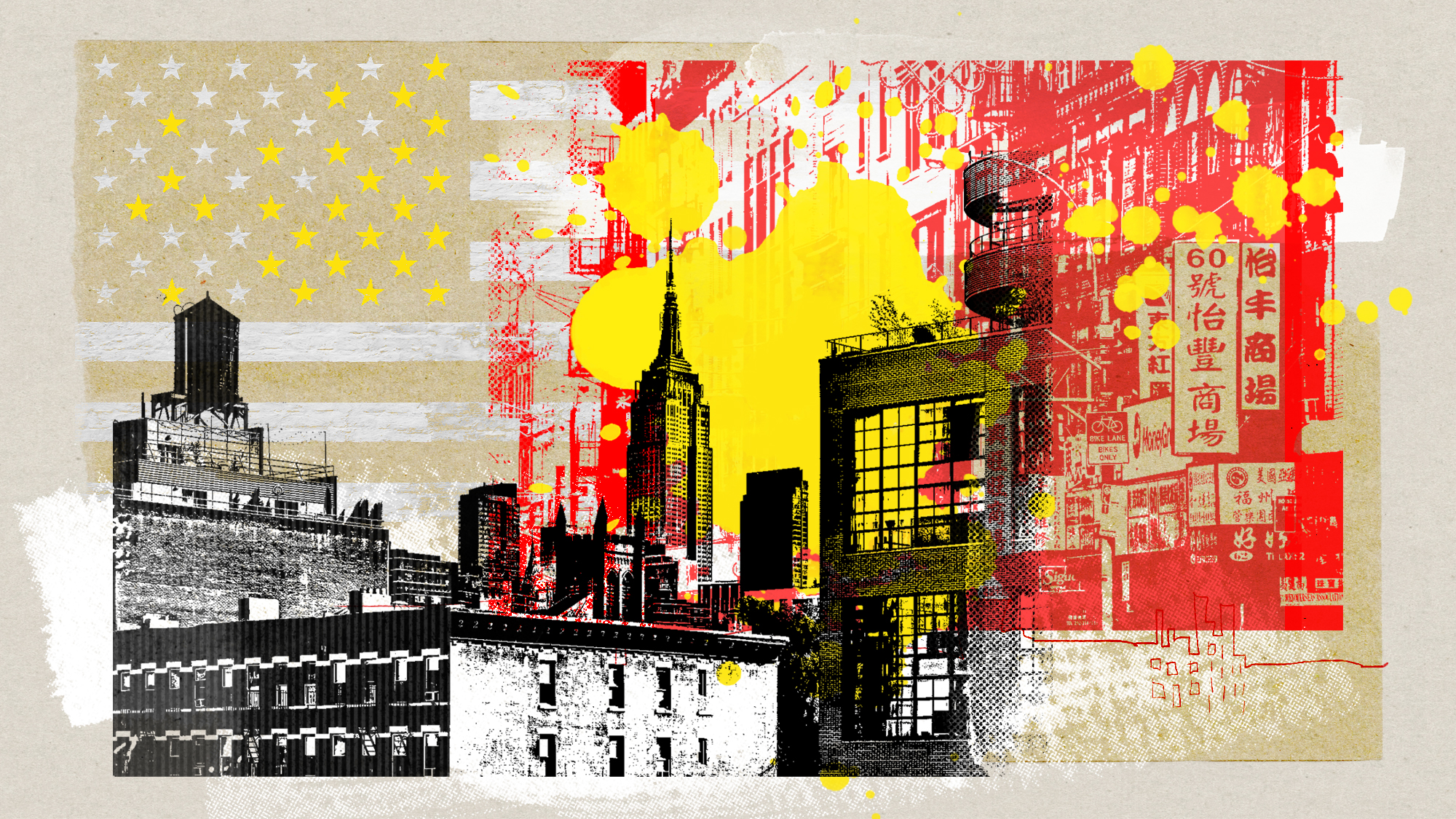 China is silently expanding its influence in American cities
China is silently expanding its influence in American citiesUnder the Radar New York City and San Francisco, among others, have reportedly been targeted
-
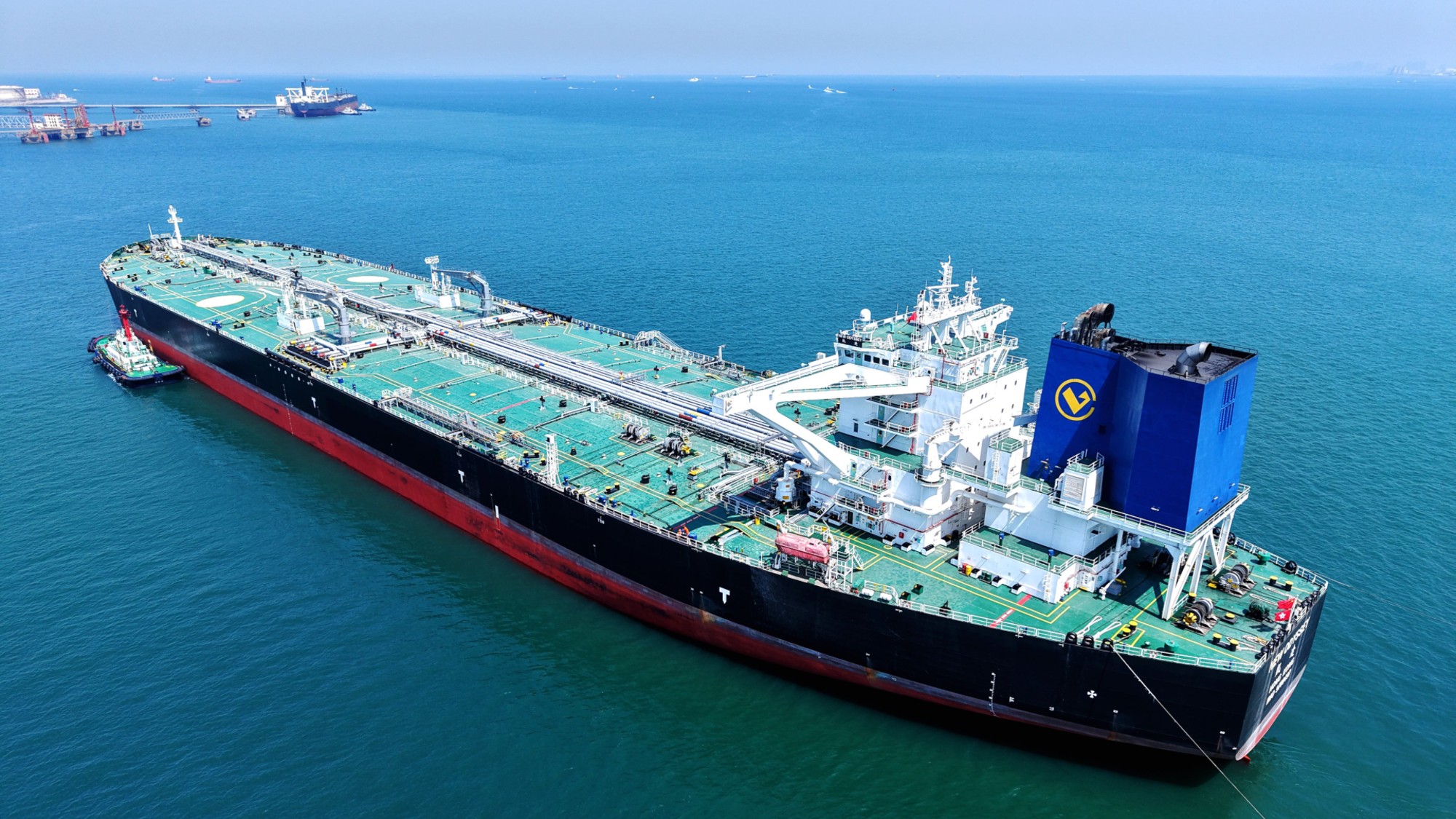 How China uses 'dark fleets' to circumvent trade sanctions
How China uses 'dark fleets' to circumvent trade sanctionsThe Explainer The fleets are used to smuggle goods like oil and fish
-
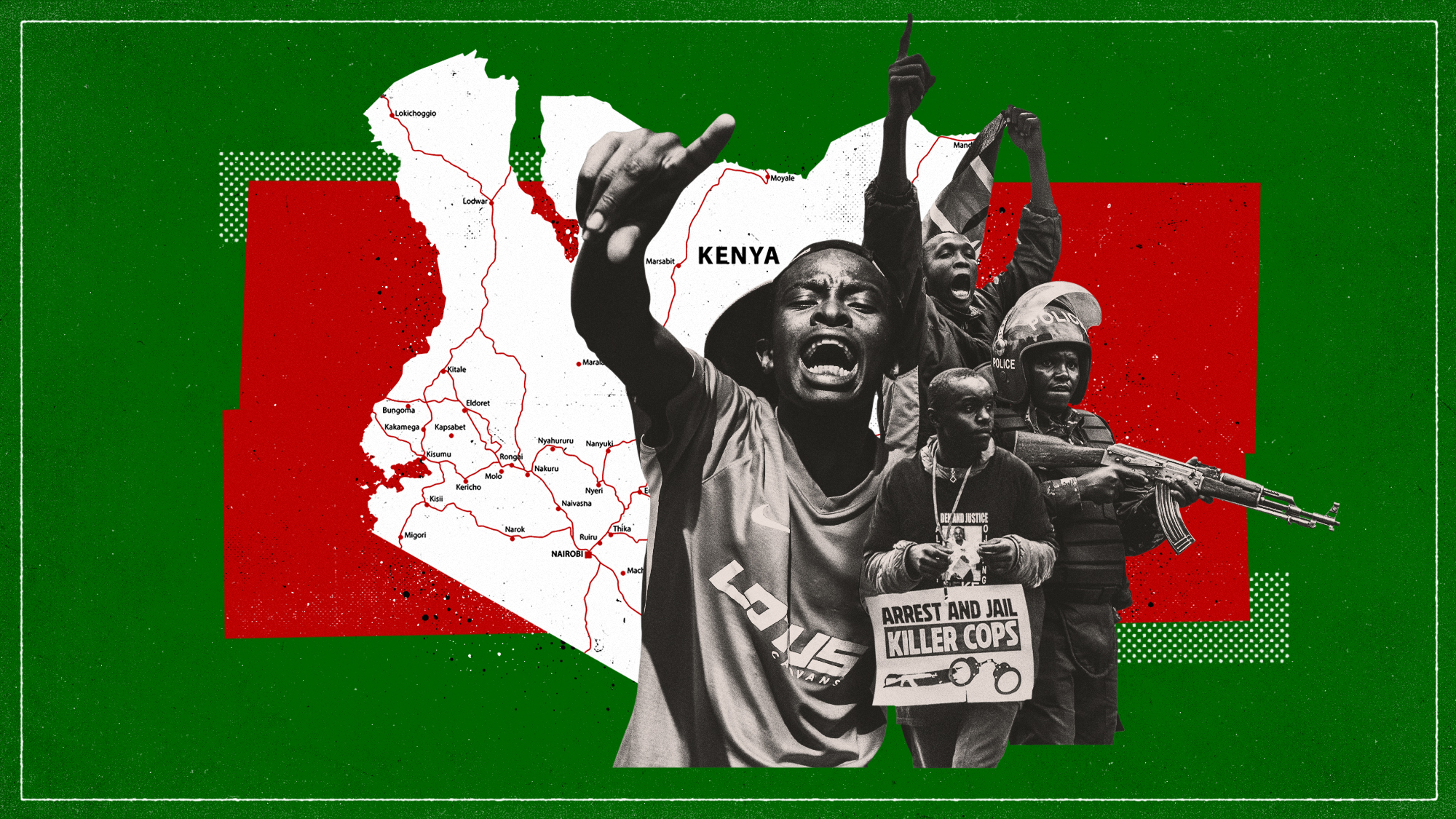 One year after mass protests, why are Kenyans taking to the streets again?
One year after mass protests, why are Kenyans taking to the streets again?today's big question More than 60 protesters died during demonstrations in 2024
-
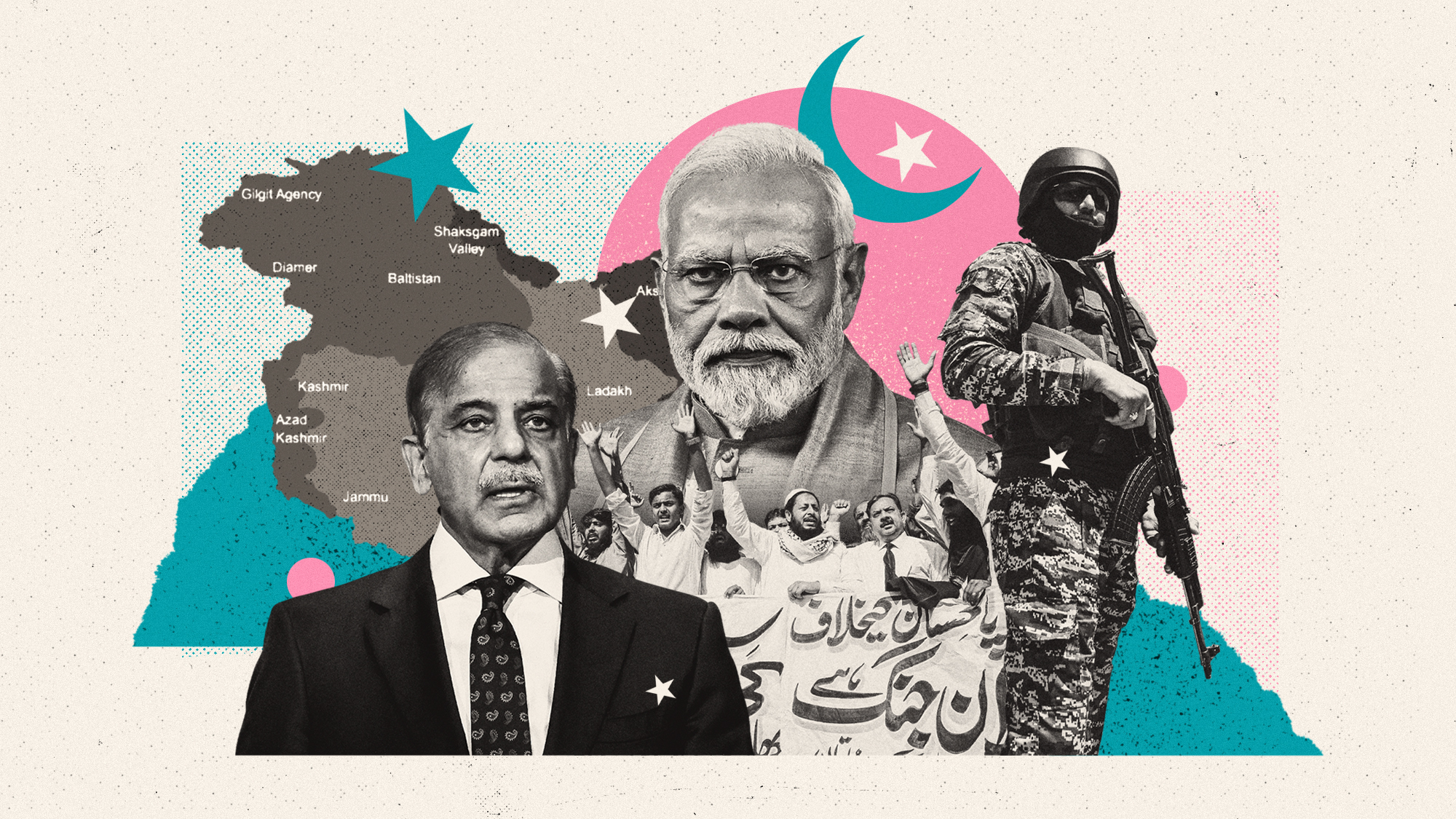 What happens if tensions between India and Pakistan boil over?
What happens if tensions between India and Pakistan boil over?TODAY'S BIG QUESTION As the two nuclear-armed neighbors rattle their sabers in the wake of a terrorist attack on the contested Kashmir region, experts worry that the worst might be yet to come
-
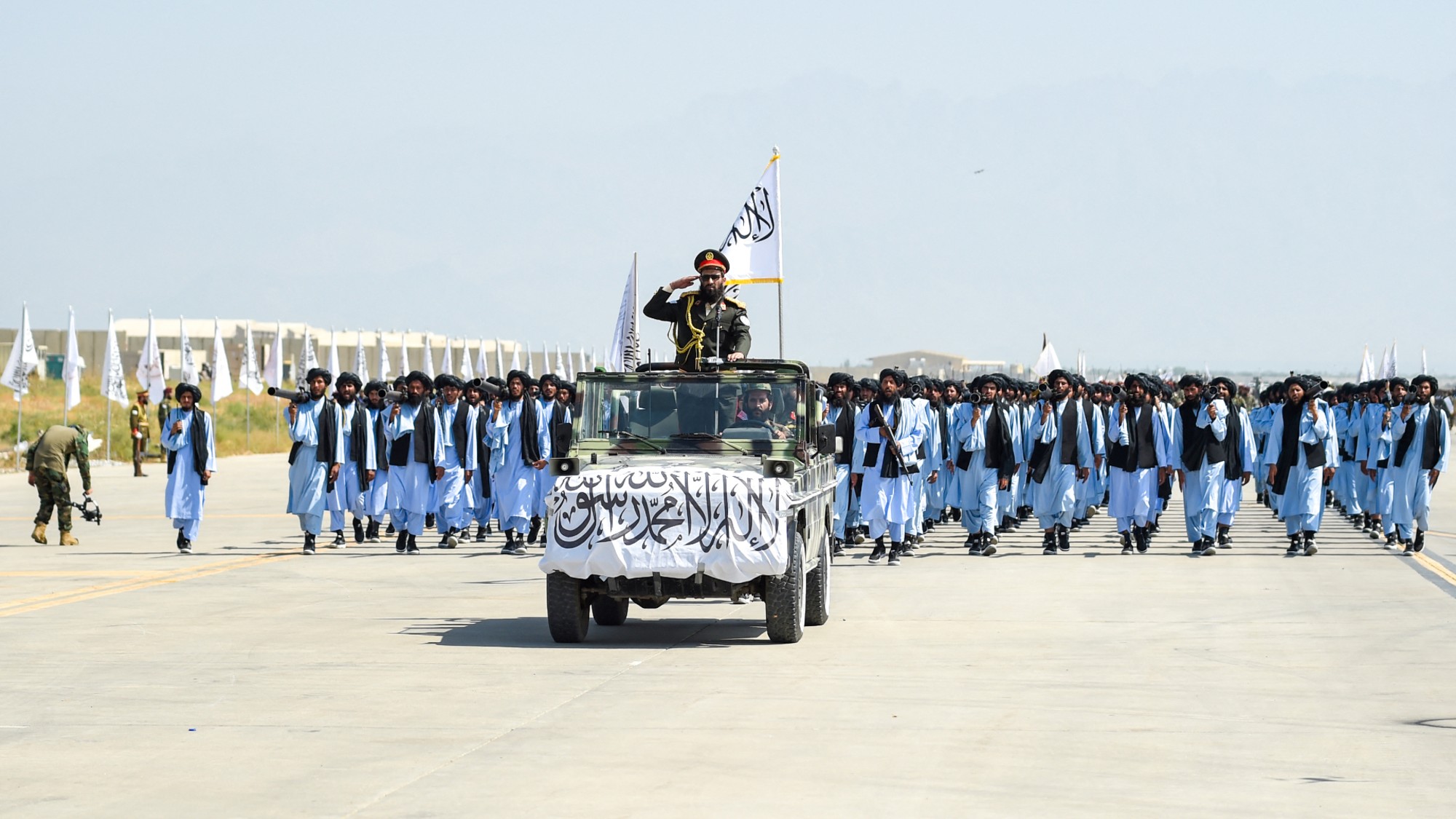 Why Russia removed the Taliban's terrorist designation
Why Russia removed the Taliban's terrorist designationThe Explainer Russia had designated the Taliban as a terrorist group over 20 years ago
-
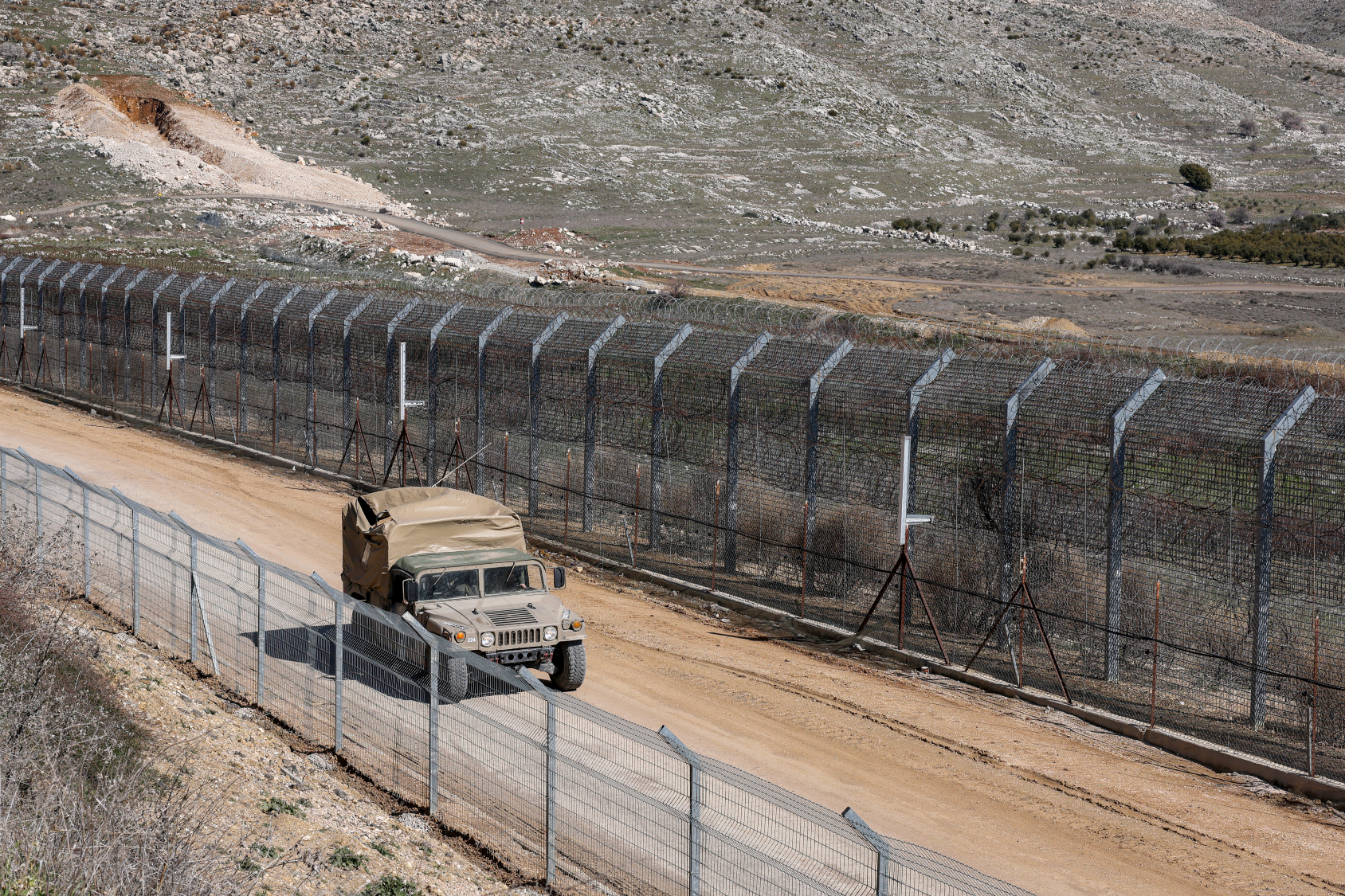 Inside the Israel-Turkey geopolitical dance across Syria
Inside the Israel-Turkey geopolitical dance across SyriaTHE EXPLAINER As Syria struggles in the wake of the Assad regime's collapse, its neighbors are carefully coordinating to avoid potential military confrontations
